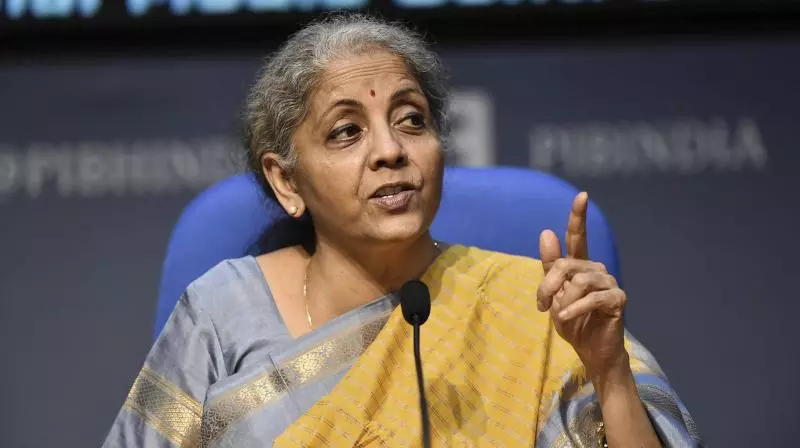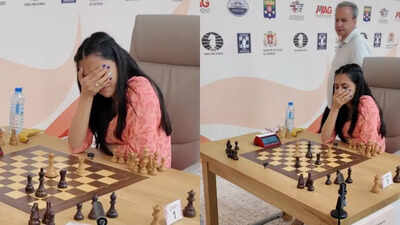
The BJP-BJD alliance collapsed in 2009 following failed seat-sharing talks.
New Delhi:
The ruling Biju Janata Dal (BJD) in Odisha has hinted at a potential alliance with the Bharatiya Janata Party (BJP) ahead of the upcoming Lok Sabha elections. On Wednesday, leaders of the BJD convened for an extensive session at Naveen Niwas, the official residence of Odisha Chief Minister Naveen Patnaik. Simultaneously, counterparts from the BJP, including its state unit chief Manmohan Samal, gathered in the national capital for a parallel meeting, engaging in discussions related to electoral affairs, with a particular focus on the possibility of forging an alliance.
A potential pact between the two parties marks a significant shift in the political dynamics of the state, especially considering the BJD’s departure from the National Democratic Alliance (NDA) 15 years ago, which had prompted former BJP leader and minister Sushma Swaraj to say that Naveen Patnaik would “regret” snapping ties after an 11-year understanding.
While no formal announcement has been made, BJD vice president and MLA Debi Prasad Mishra confirmed the discussions but stopped short of confirming the formation of an alliance. “Biju Janata Dal will prioritise the greater interests of the people of Odisha. Yes, there were discussions on the issue (alliance),” Mr Mishra told reporters after the meeting at Naveen Niwas.
A press release issued by the BJD stated, “An extensive discussion was held under the leadership of BJD president and Chief Minister Naveen Patnaik with the senior leaders of the party today regarding the strategy of the upcoming Lok Sabha and Vidhan Sabha elections.”
“It was resolved that since by 2036, Odisha will complete 100 years of its statehood, and BJD and Chief Minister Patnaik have major milestones to be achieved by this time, therefore Biju Janata Dal will do everything towards this in the greater interests of people of Odisha,” the statement added.
On the BJP side, senior leader and MP Jual Oram, after the meeting presided over by BJP president JP Nadda in Delhi, confirmed discussions on a pre-poll alliance with the BJD. However, he added that the final decision rests with the party’s central leadership. “Yes, there were discussions on the alliance among other issues. The party’s central leadership will make the final call,” Mr Oram stated.
The Numbers
The strategic importance of Odisha, with its 21 Lok Sabha seats and 147 assembly seats, is not lost on either party. In the 2019 elections, BJD and BJP secured 12 and eight parliamentary constituencies and 112 and 23 assembly constituencies, respectively. According to sources, in the event of an alliance, the BJP would contest the majority of Lok Sabha seats, while the BJD would focus on assembly seats.
The growing speculation about the alliance gained credence from the recent public praises exchanged between Prime Minister Narendra Modi and Chief Minister Patnaik. Both leaders acknowledged each other’s contributions, with the BJD demonstrating support for the Modi government’s agenda in Parliament.
For the Assembly elections, the BJD is pushing for a larger share of seats, proposing to contest 105 out of the 147 available seats, leaving the BJP with 42 seats. Simultaneously, in the Lok Sabha polls, the BJP is expected to secure a significant portion of the seats. Of the 21 Lok Sabha seats in Odisha, the BJP is likely to contest 13-14.
What Happened In 2009
The BJD-BJP alliance saw success in two assembly elections and three Lok Sabha polls in Odisha. The partnership, forged in February 1998, enjoyed a strong foundation, with both parties successfully contesting Lok Sabha elections in 1998, 1999, and 2004, as well as assembly elections in 2000 and 2004.
Once considered the BJP’s most reliable ally in the NDA, the alliance collapsed in 2009 following failed seat-sharing talks. The breakdown was officially attributed to the BJD’s demand for a reduction in the BJP’s share of assembly seats from 63 to around 40, and parliamentary seats from nine to six. This demand, deemed unreasonable by the BJP leaders, led to the withdrawal of support to Chief Minister Naveen Patnaik’s government, marking the end of an 11-year political marriage.
The withdrawal of support was termed by BJD as an “act of betrayal”.
The BJD-BJP pact was formed in 1998, orchestrated by senior leaders Bijay Mohapatra and the late Pramod Mahajan.







